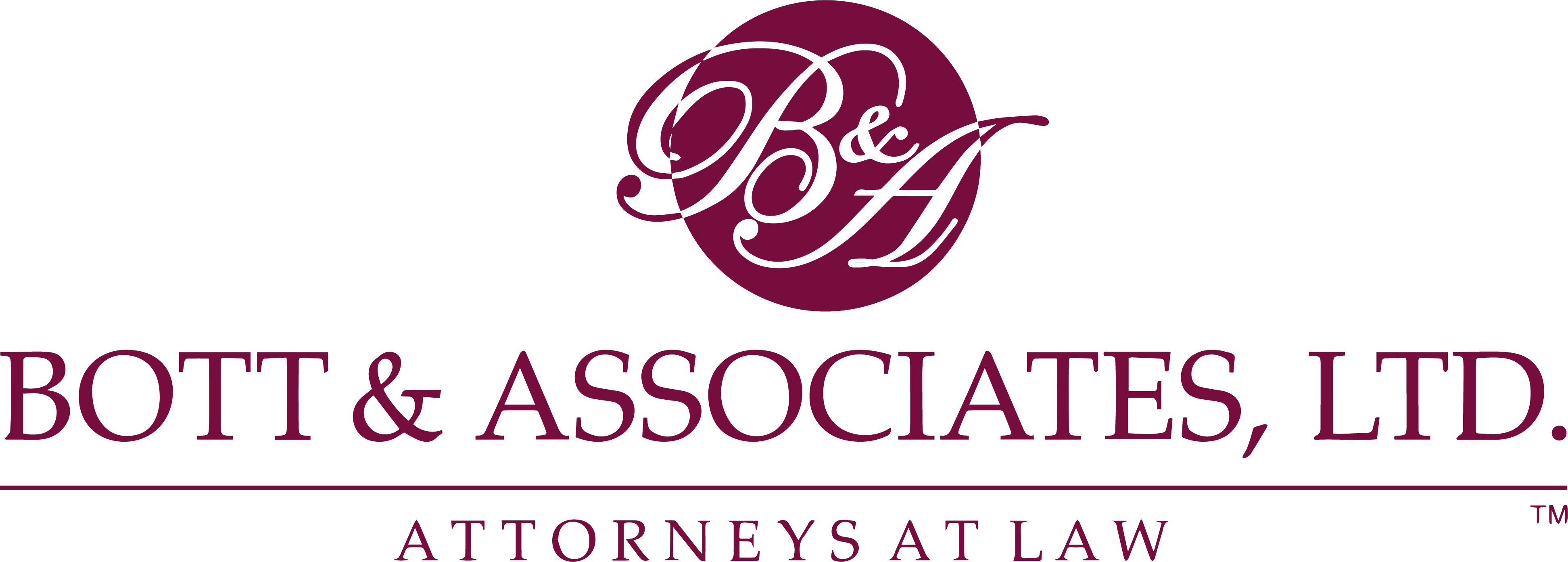Probate Lawyer
Dying with a will is better than dying without one. But it’s the bare minimum a person should have in their estate plan. An estate plan is more than just a will. It’s the whole plan of what to do upon your death. No one likes to think of their demise but it’s better to plan for it than to leave your heirs with nothing or very little.
Probate is a costly and time consuming process that ties up your assets after you die. This delays the distribution to your heirs. Even if you have a will naming specific items to specific people, it will be months before they receive those items. Any cash distributions may be reduced by an amount if you owed debts at your death.
But all of this can be avoided using other tools in your estate plan.
Trusts
Trusts are some of the best ways to avoid the time and cost drain of probate. When you die, your assets immediately pass to your beneficiaries as described in your trust. If you want to leave your watch collection to your eldest son, you can do that. If you want to leave your collection of crystal to your granddaughter, you can do that.
All of the distributions you set up in your trust will immediately pass to your beneficiaries upon your death. The biggest difference between a trust and a will is that the will must pass through probate and the trust does not.
Payable on death
This is a term used on many different types of accounts ranging from investment accounts to insurance benefits. Naming a payable on death beneficiary on your accounts means that, when you die, the beneficiary you have named will immediately have access to the funds in those accounts. Once again, this avoids the time and cost of probate.
You can also combine this option with a trust. Instead of naming an individual as the beneficiary, you can name your trust. This will then add further monetary value to your trust, increasing the amount received by your beneficiaries.
Own property jointly
An easy way to pass property to your beneficiaries is to change your deed while you’re still alive. If you want your house to pass onto your only child after you die, you can change the title of the house to be in both of your names. Not only does this avoid probate but it also means that the moment you die, your only child owns your home outright.
Contact a trusted estate planning attorney
These options for avoiding probate are numerous but they are also complex. They require a skilled hand and an experienced probate lawyer. Consult an attorney to evaluate your situation.

